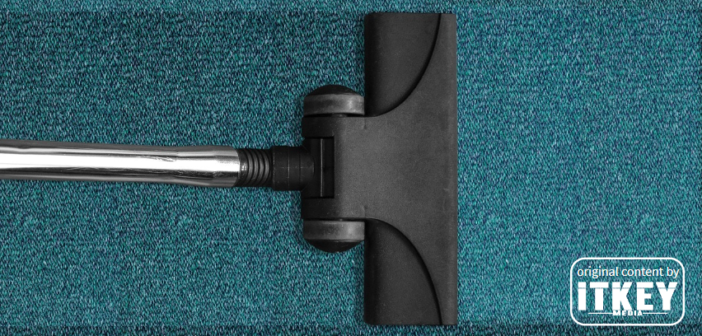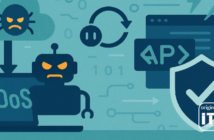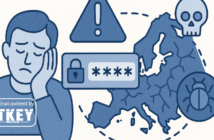The post was originally published in Polish on Artur’s LinkedIn profile. Artur kindly agreed that we repost what we think is of great value to our readers.
Every piece of equipment we use had to go through a lot of trial and error to become what we know today.
Failures aren’t just okay, it’s a gold mine to learn and improve things. How else can you discover new paths if you don’t go off the beaten track from time to time?

James Dyson, Inventor, Head of Dyson
James Dyson, the innovator and head of Dyson, is a big proponent of accepting our mistakes, and he is no stranger to falls. He spent 15 years and 5,126 trials perfecting the equipment.
Old vacuum cleaners were clogging up with dust and losing power. Dyson decided that this was a problem worth solving. Inspired by its work on air filtration in paint factories, Dyson decided to ditch the bag and switch to a bagless vacuum cleaner. After much trial and error, the 5 127th model turned out to be a hit.
The G-Force first hit store shelves in Japan in 1991 with the price of USD 2,000. It quickly became a must-have product for the wealthy. In 1993, Dyson introduced the DC01 vacuum cleaner, which did not lose suction power. The novelty changed the vacuum cleaner industry and allowed for the construction of a technological empire. By 2021, Dyson was a billionaire, with the company generating GBP 6.5B in revenue annually.
Dyson believes that every mistake brings us one step closer to victory. Encouraging your team to be innovators means letting them know that it’s okay to take risks and fail from time to time. One of the biggest business mistakes is to treat failures with harshness. Such an approach does not only hinder the spirit of innovation, but it also sows seeds of caution instead of courage.

Artur Kurasiński, Serial Enrepreneur, Author, Creator
Innovators are inherently gamblers in the sense that they bet on new ideas, testing theories and accepting that not all experiments will be successful. Innovation thrives on trial and error. Without the freedom to fail, entrepreneurs and creators cannot refine their ideas.
However, the corporate world often views failure through the lens of fear, assigning a negative stigma to those whose ideas don’t work right away. This mindset can discourage individuals from stepping outside of their comfort zone and creativity. There’s a catch to this approach. You have to draw the right conclusions from failures, and it’s not so obvious. However, how else can you learn to draw conclusions other than failing?
That said, the freedom to make mistakes does not equal encouraging failure. When people are sloppy or do something stupid that has dramatic consequences for the company, they should be held accountable.
The trick is to recognize that in the early stages of innovation, what seems like a failure at first – is, in fact, not.
It’s not about promoting failure for failure’s sake, but about recognizing it as a valuable teacher. Companies need to cultivate an environment where teams are not afraid of mistakes and recognize them as a necessary step on the road to success.
The comments section agreed, with a few additions:
Failure is, above all, a lack of reflection and making the same mistake twice. Otherwise, as it’s written here,it should be treated as a lesson.
– Kuba Sobczak, Marketing & Growth Director at BLIX
We like this approach because it shows us a way out of a difficult situation. Optimism is not a passive belief that everything will be fine, but an attitude of faith that if things are bad, we will cope.
But there’s a catch: you have to believe in what you’re doing. You can’t make mistakes ‘casually.’ You can learn from your mistakes, but you have to stay committed.
The reason I’m writing about this is because at a time when there’s a lot of money on the market (not today), concepts like ‘venture building’ or ‘fake it till you make it’ or an oversupply of businesses without commitment are created. I’ve seen this many times.
But in such a model, the key is not to ‘fall quickly’ – I’ve come across a lot of such ideas – but to stand on your feet at all costs. And that’s when we learn from our mistakes. That’s the only way.
– Wojciech Ozimek, Founder and VP at one2tribe
None of us like to make mistakes, because failures cost us dearly – at work, in private life, etc. That’s what we’ve been taught since school, and we’re carrying it on into adulthood.
– Katarzyna Pałeczka, Marketing Specialist at The Mad Ad
It’s a pity that such an approach gets effectively killed at the very beginning of school education. Every mistake is underlined in red, lower grades, and most often – no conclusion on what to do to make it better next time.
– Dr Kamil Polak, Senior Risk Expert at Nordea

Creator, entrepreneur and investor – I write about my experiences with startups, technology and business.





